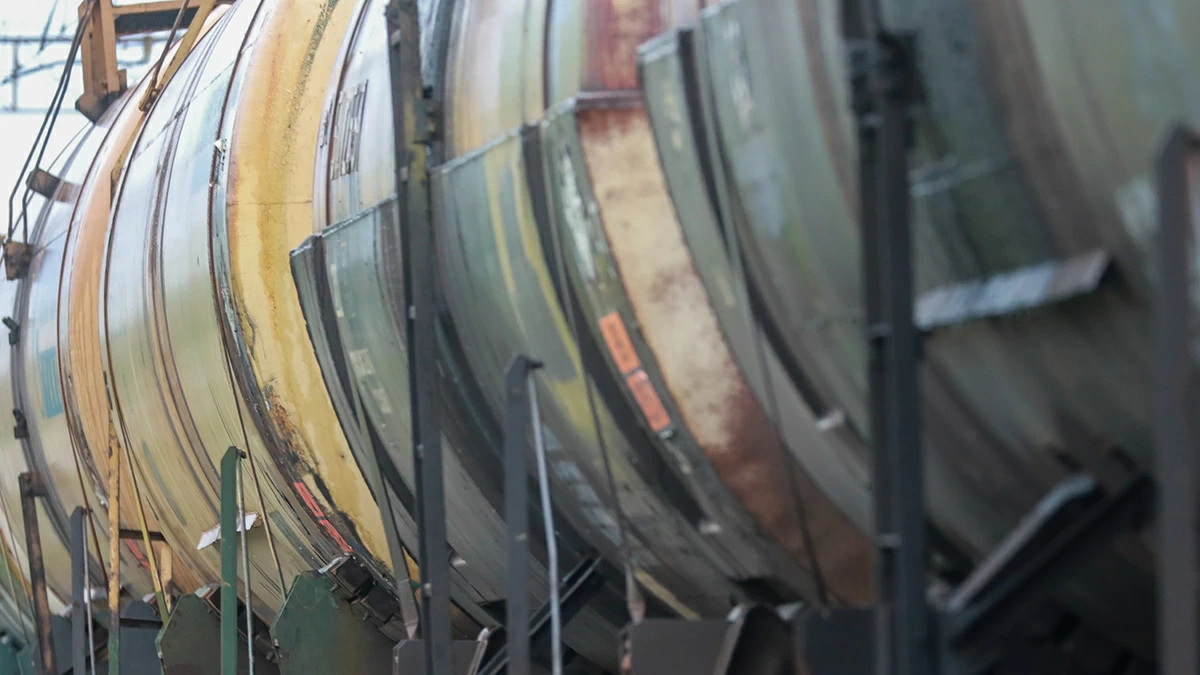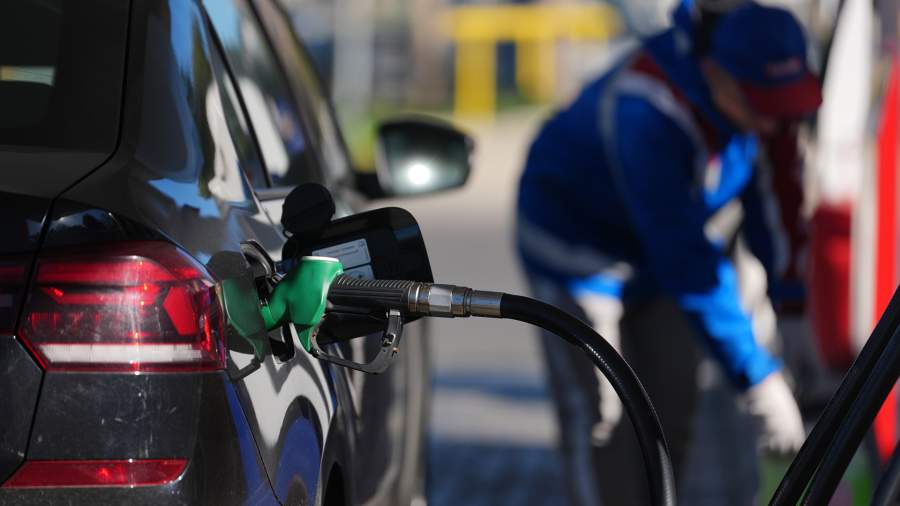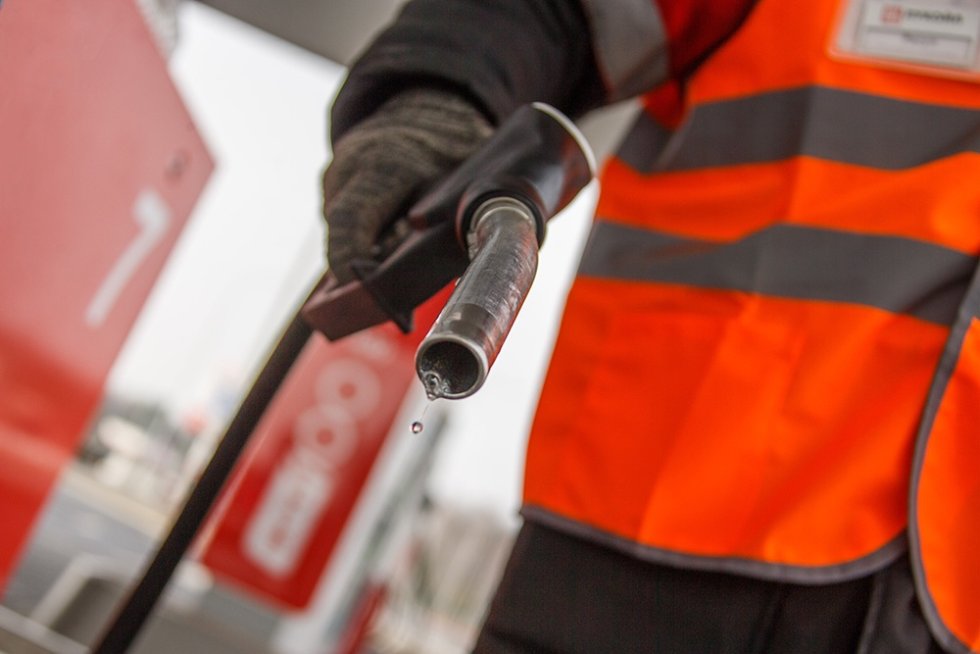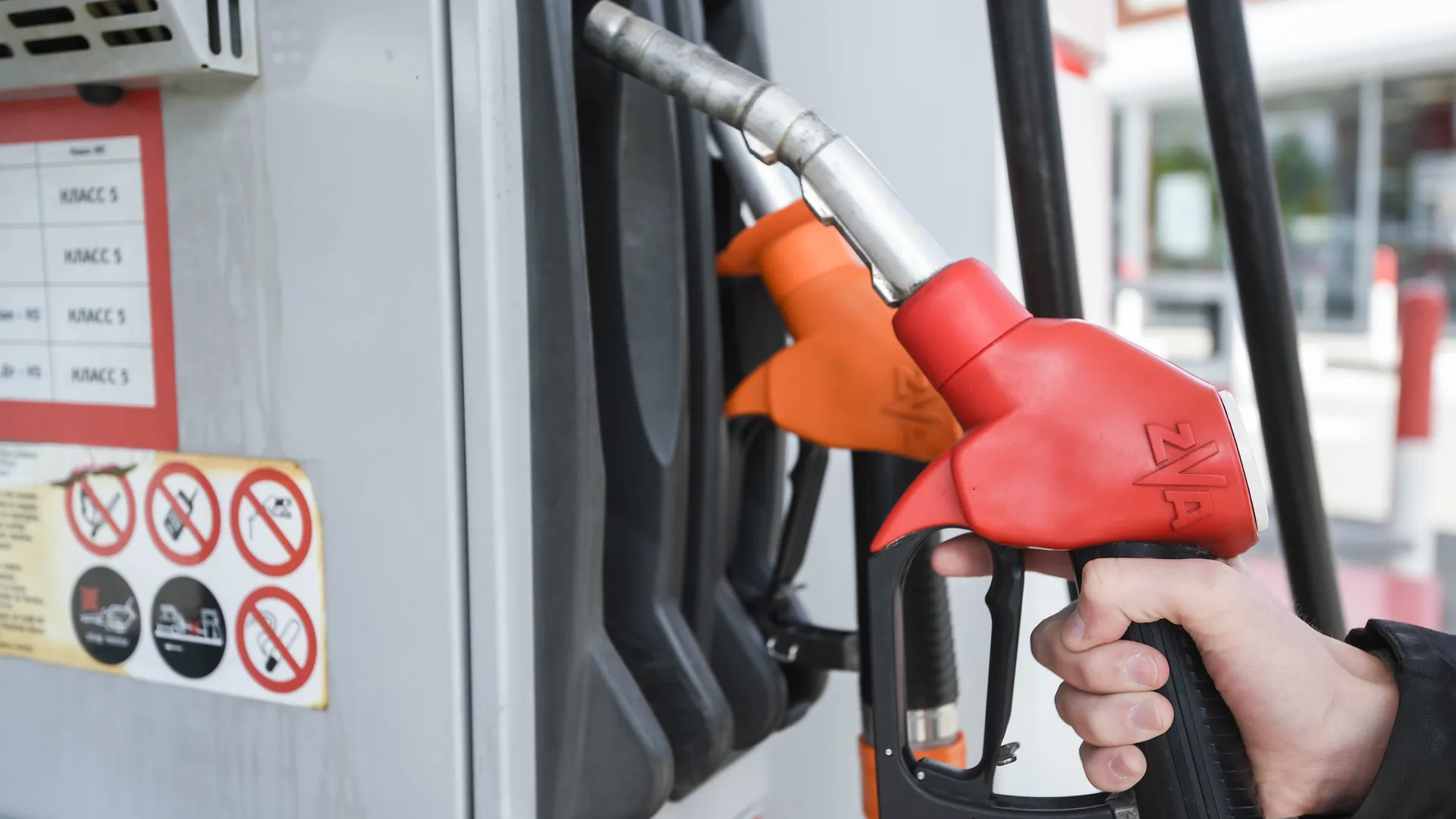Inspections amid rising fuel prices
The Ministry of Energy and regional offices of the Federal Antimonopoly Service (FAS) have begun sending requests to gas station owners demanding explanations for the fuel price hikes. The authorities are also requesting information about fuel stock levels and any disruptions in supplies. Market participants informed "Izvestia" about this development. The editorial office has also reviewed two such letters.
— Regional authorities (FAS and the Ministry of Energy) have repeatedly reached out to gas station representatives in recent weeks for justifications regarding the increase in fuel prices or information about stock levels, — stated Pavel Bazhenov, president of the Independent Fuel Union (NTS), to "Izvestia".
According to the FAS, territorial bodies of the service are conducting oversight to ensure compliance with antimonopoly legislation in the fuel market. This includes requests from gas stations for data on pricing and fuel availability, confirmed the agency's press service to "Izvestia".
Based on the analysis of the provided information, decisions are made regarding the presence or absence of signs of violations of antimonopoly legislation, they specified. For instance, warnings were issued to gas station owners in the Tver and Tyumen regions, added the FAS.
If the FAS deems the price increase economically unjustifiable, gas station owners may face administrative fines, demands to reduce prices, and even suspension of activities in cases of systematic violations, noted Vladimir Chernov, an analyst at Freedom Finance Global. In the most serious cases, antimonopoly cases may be initiated if it is proven that price increases were coordinated or artificially manipulated, he added.
— The regulators’ actions are understandable given that some gas stations are forced to stop or limit gasoline sales or close due to fuel shortages. Some gas stations indeed have to raise prices above inflation due to market difficulties and rising wholesale prices. Not all fuel market operators have the financial buffer to maintain prices and operate at a loss, — explained Pavel Bazhenov to "Izvestia".
Furthermore, while at the end of summer, only small networks faced difficulties in fuel supply, the situation is now complicated even for large systemic companies with dozens of gas stations, he added. Regions such as Kirov, Nizhny Novgorod, and Kostroma are examples where operations have become challenging, the expert noted.
"Izvestia" has sent inquiries to the Ministry of Energy, oil companies, and gas station networks.
Measures being taken by the authorities
The authorities are striving to prevent retail gasoline prices from rising faster than the inflation rate on an annual basis or to keep these figures close, as previously reported by "Izvestia." This mechanism is being implemented through pressure from regulators, primarily the FAS, on oil companies. Such a system compels retail networks to hedge against losses from the inevitable disparities that arise. As a result, prices do not decrease even when there are all the conditions to do so, as explained by the NTS.
— Large companies can afford to sell fuel at a loss for some time, compensating for losses through other business activities (as well as by selling ancillary goods and providing services at gas stations), whereas smaller operators are entirely tied to wholesale prices and cannot "drop" below that level. Consequently, they raise prices at their stations faster than inflation increases, — highlighted Valery Andrianov, an associate professor at the Financial University under the Government, to "Izvestia".
Since the beginning of September, wholesale fuel prices have reached historical highs. On September 3, the price of AI-95 fuel for delivery to the European part of Russia reached a record 82,300 rubles per ton, while AI-92 exceeded 70,600 rubles. As of September 29, the price of AI-95 fell to 78,900 rubles per ton, while AI-92 rose to 74,000 rubles, according to data from the St. Petersburg Exchange.
For those gas stations that contained price increases within the predicted inflation rate in September, margins remain negative, noted Pavel Bazhenov from the NTS. On average across the country: approximately 4 rubles in losses on each liter of both AI-92 and AI-95 gasoline, he added. However, some non-network gas stations in regions raised their prices by about 10%, or by 5–8 rubles compared to network prices, as reported in September by the media. There were reports of such cases in the Tambov, Tver, and Lipetsk regions.
Current situation in the fuel market
Russia has faced similar challenges before, noted Dmitry Tortev, a member of the expert council of the State Duma’s Committee on Competition Protection. This year, as reported to "Izvestia" by experts, key factors behind the crisis include increased domestic demand during the agricultural harvest and vacation seasons, as well as planned and emergency repairs at refineries.
In 2023, an export ban was imposed at the end of September and lifted in the second half of November. The Ministry of Energy then noted that a surplus of fuel was created in the domestic market over two months, and the exchange wholesale price of gasoline significantly decreased. In 2024, the ban was first imposed in March. Initially, it was intended to last six months. However, as the domestic market became saturated with automotive fuel, the authorities suspended this restriction from May 20. The easing continued until the end of July, but was lifted in August, as fuel consumption in Russia began increasing faster than anticipated, leading to a sharp rise in wholesale prices for fuel, and the ban was extended until the end of the year.
— A series of factors has led to the current situation in the fuel market, and it is clear that the government is preparing new measures. In the medium term, regulators may begin discussions on a system of export restrictions as a permanent measure — for example, if prices at gas stations rise above inflation, — suggested Dmitry Tortev.
Deputy Prime Minister Alexander Novak previously held a meeting with representatives of the largest oil companies. He heard their reports on the current situation, sources in the industry informed "Izvestia." According to them, the outcome of the meeting was Novak's statement that the "political leadership of the country" would make the decision about the future of the domestic fuel market. Shortly after this, it became known that the Cabinet intends to impose a complete ban on gasoline exports for all participants, except for supplies under intergovernmental agreements, until the end of the year. A ban on the export of diesel fuel for non-producers will also be introduced until the end of the year. Currently, the ban is valid until September 30. Therefore, a new decree should be published in the coming days.
Everyone understands that the decision to ban the export of gasoline and diesel is a forced measure, stated Yuri Stankevich, deputy chairman of the State Duma's Energy Committee.
— Directive restrictions on exports under sanctions will increase pressure on the financial performance of the oil sector. According to forecast estimates, the profits of our major oil companies will be half of what they were in the previous period, — remarked the deputy.
This time, unscheduled repairs at refineries have led to risks of gasoline shortages in the domestic market, noted Sergey Tereshin, general director of Open Oil Market. As a result, while before, the export ban simply indicated the need to "hold" price increases, it is now being used to fill the domestic market.
However, experts believe that the export ban alone will not resolve the problem. The fact is that there has historically been no more than a 15% surplus of refinery capacity in the gasoline market (compared to 50% in the diesel market), so saturating the domestic market will also require imports, he argues. This may specifically involve supplies from Belarusian refineries, which have encountered excess capacity after losing the European market.
To address the issue, there is a need for stabilization of the wholesale market in the short term by increasing internal supplies and expanding fuel sales through exchanges, emphasized Vladimir Chernov. There may also be consideration of temporary reductions in excise duties or subsidy mechanisms for independent gas stations, which are particularly vulnerable to price fluctuations, according to the expert.
In the medium term, it is essential to establish long-term direct contracts between refineries and networks, as well as to create additional fuel reserves to smooth local disruptions and strengthen protection for gas stations, concluded the specialist.
Source: Izvestia




